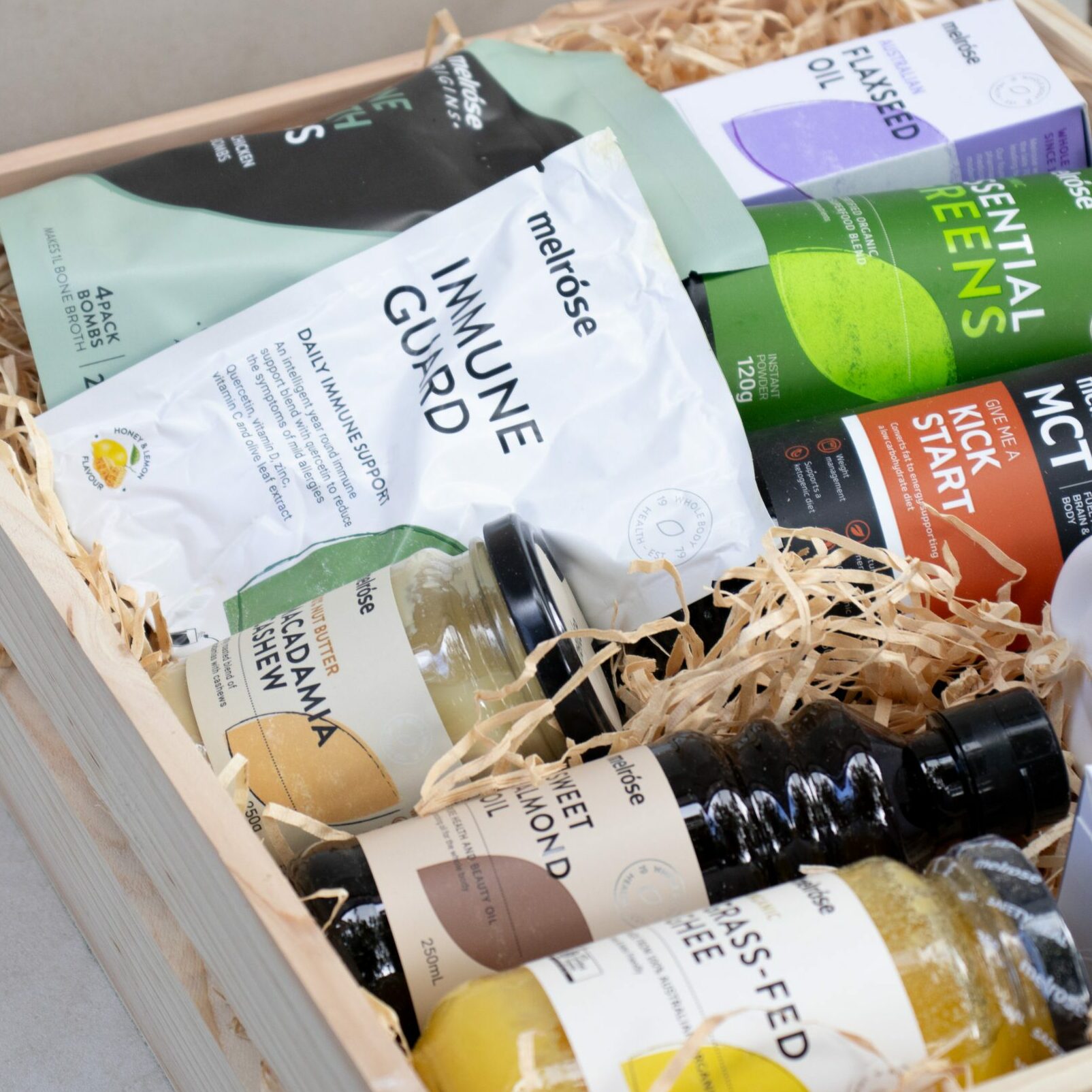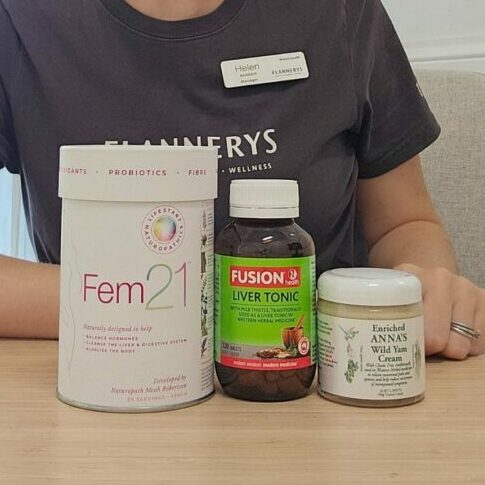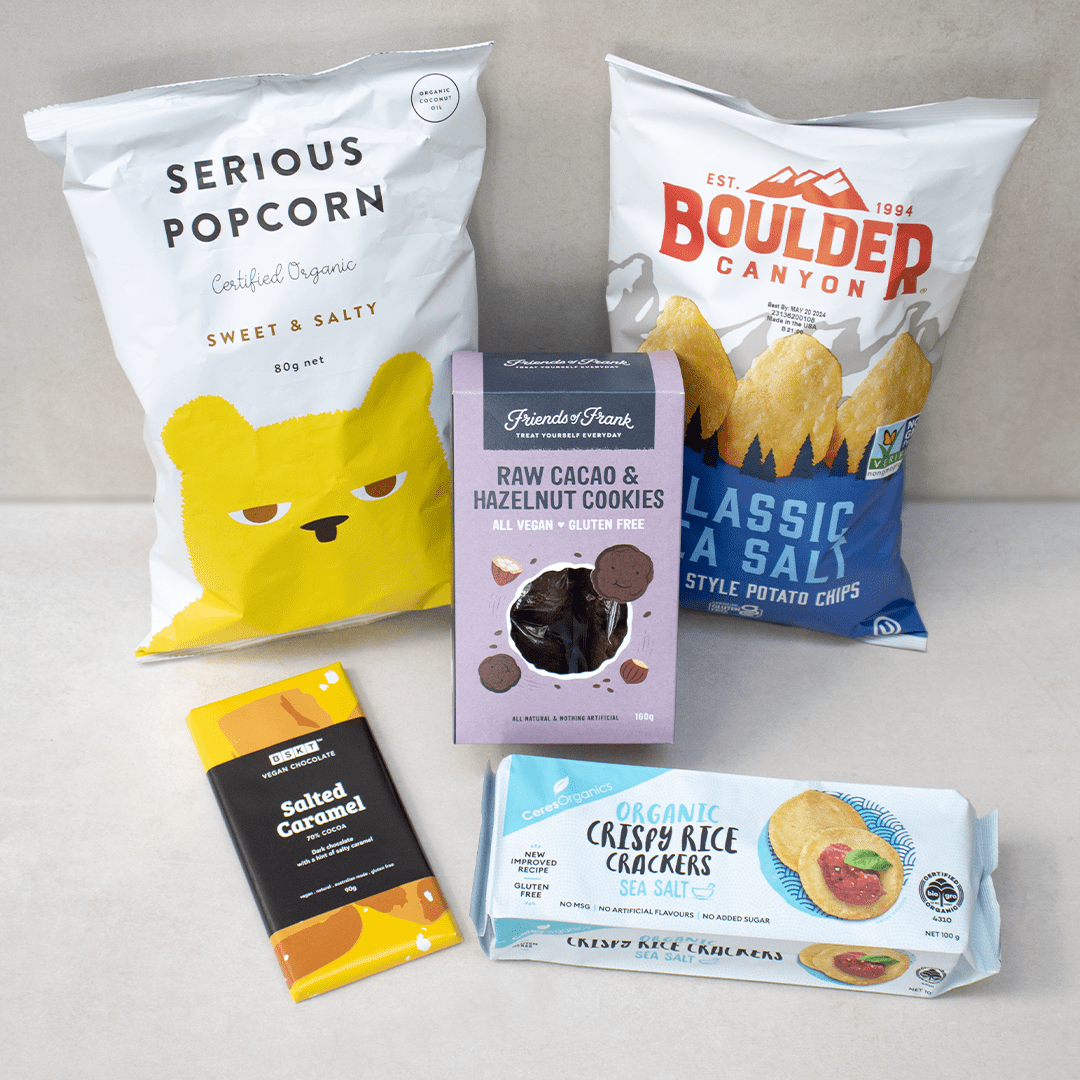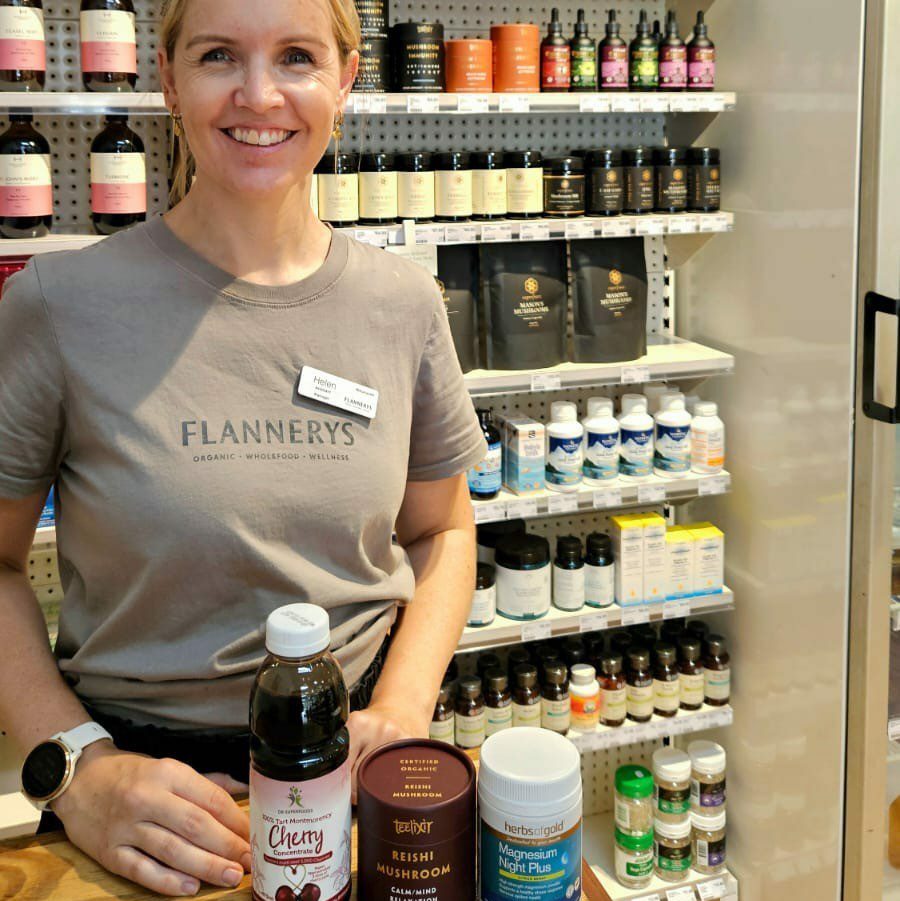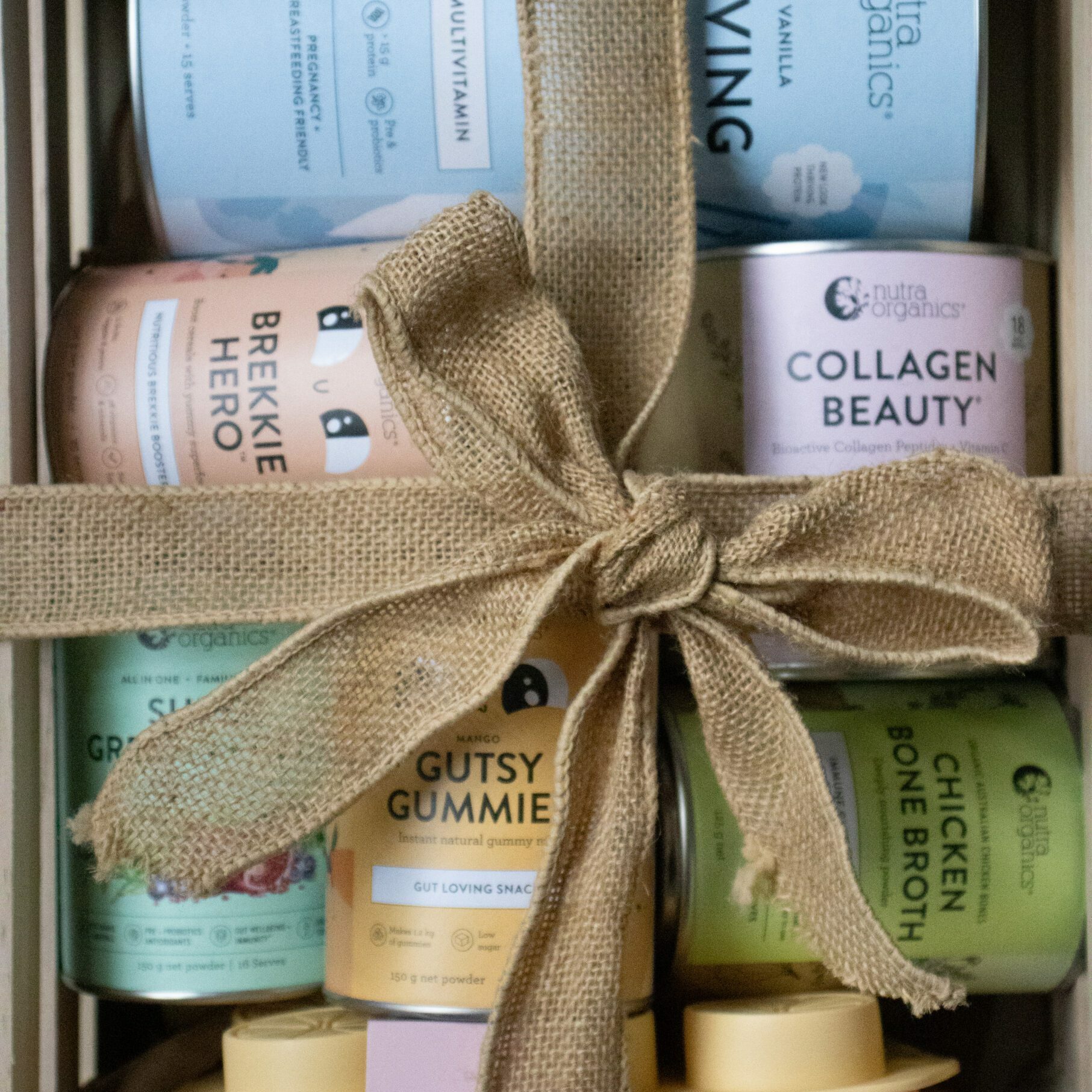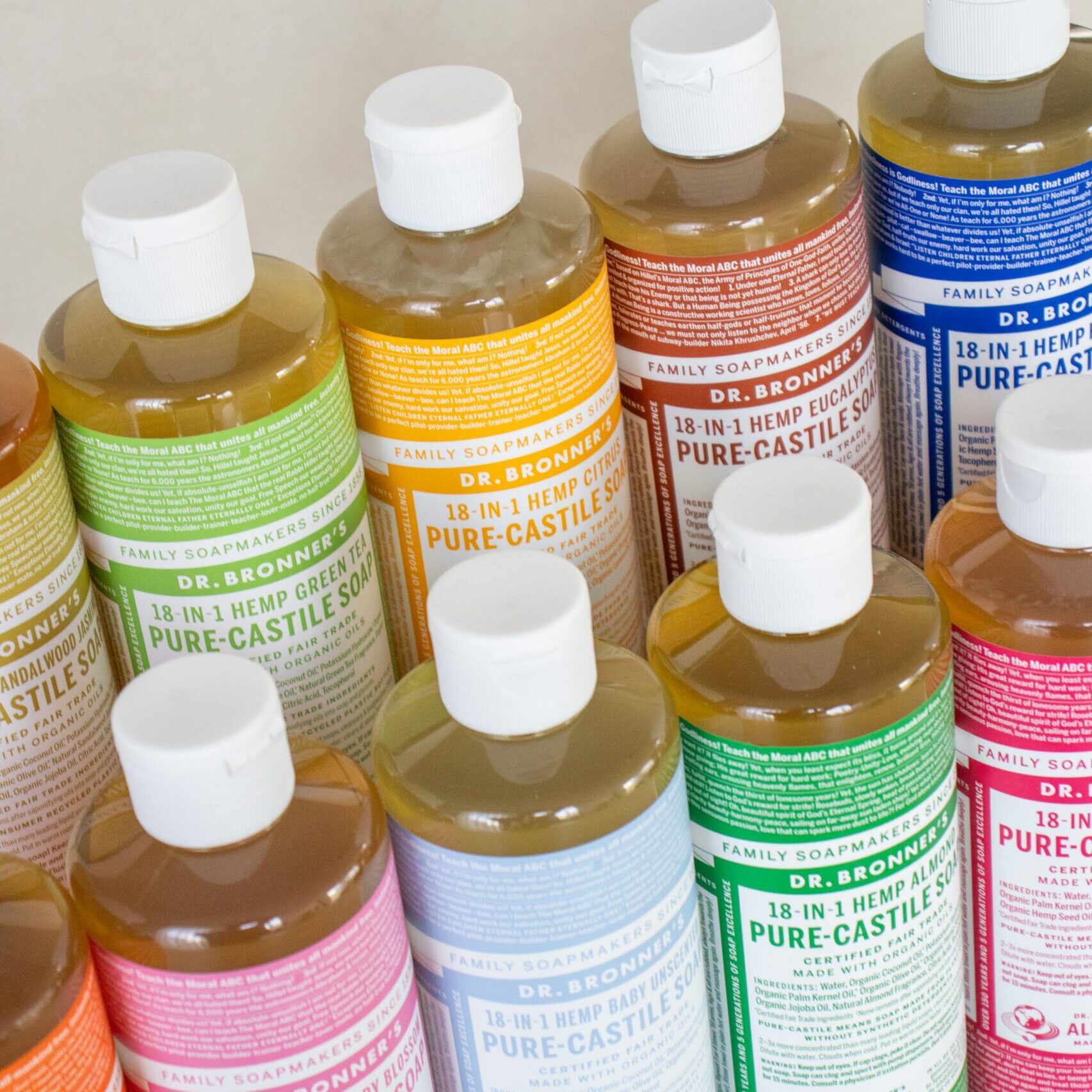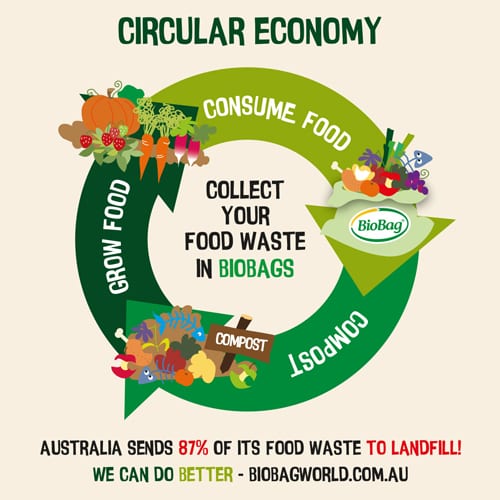
28.02.2019
Environmental Change Starts With You…
Small steps followed by a collective can create positive changes for the environment.
Clean Up Australia Day inspires and empowers communities to clean up, fix up and conserve our environment. We can all make a contribution from simply being mindful about picking up those pieces of litter you see at the beach, park, or on your daily walk or run. Every little bit helps and thanks to some amazing innovations, we now have a plethora of household items which are now available at our fingertips to reduce waste and help us to protect our precious planet.
Where do I start?
By using more environmentally-friendly products and making purchases based on sustainable choices. Replace plastic produce bags with reusable produce bags, or the compost-a-pak options. Opt for stainless steel or bamboo items such as reusable straws, and toothbrushes instead of plastic. Menstrual cups are also a great way to save on packaging and reduce waste. Beeswax wraps, and stainless steel lunchboxes are another sustainable alternative to help reduce plastic and ultimately landfill.
Compostable vs Biodegradable / Degradable?
Compostable
- Leaves NO microplastics
- Can be put into the compost bin or green organic bin
Biodegradable / Degradable
- Nature may not completely dissolve it
- Can leave behind microplastics which can end in a food chain
How can I help?
Australia’s yearly food waste is so huge it could fill 8,400 Olympic-sized swimming pools and households throw out about three fridges of food a year. The BioBag circular economy (pictured) is about recycling to recover valuable resources instead of wasting them. The current industrial model loses resources to landfill. Most of Australia’s food and garden waste ends up in landfill where it can contribute to greenhouse gas emissions. Whereas instead, it could be turned into nutrient rich fertiliser by composting.
The circular economy model designs waste out of the system by using less finite resources and more renewable energy sources. It’s based on three principles:
1. Design out waste and pollution
2. Keep products and materials in use
3. Regenerate natural systems
BioBag products are an environmentally-friendly plastic alternative because they break down into harmless organic matter instead of harmful microplastics. Today we’re more aware of the dangers of plastic and the fact it never really goes away. A BioBag will break down into organic matter anywhere there’s oxygen and microorganisms, including on land and in water, leaving no toxic residues behind. Furthermore, BioBags offer a range of staple plastic solutions, including dog bags, and household items such as reusable food storage bags and bin liners.
Visit cleanupaustraliaday.org.au for more info on how you can help. This Sunday, 3rd March 2019.
For further suggestions on how to become more sustainable read here.
Share this post with your friends

